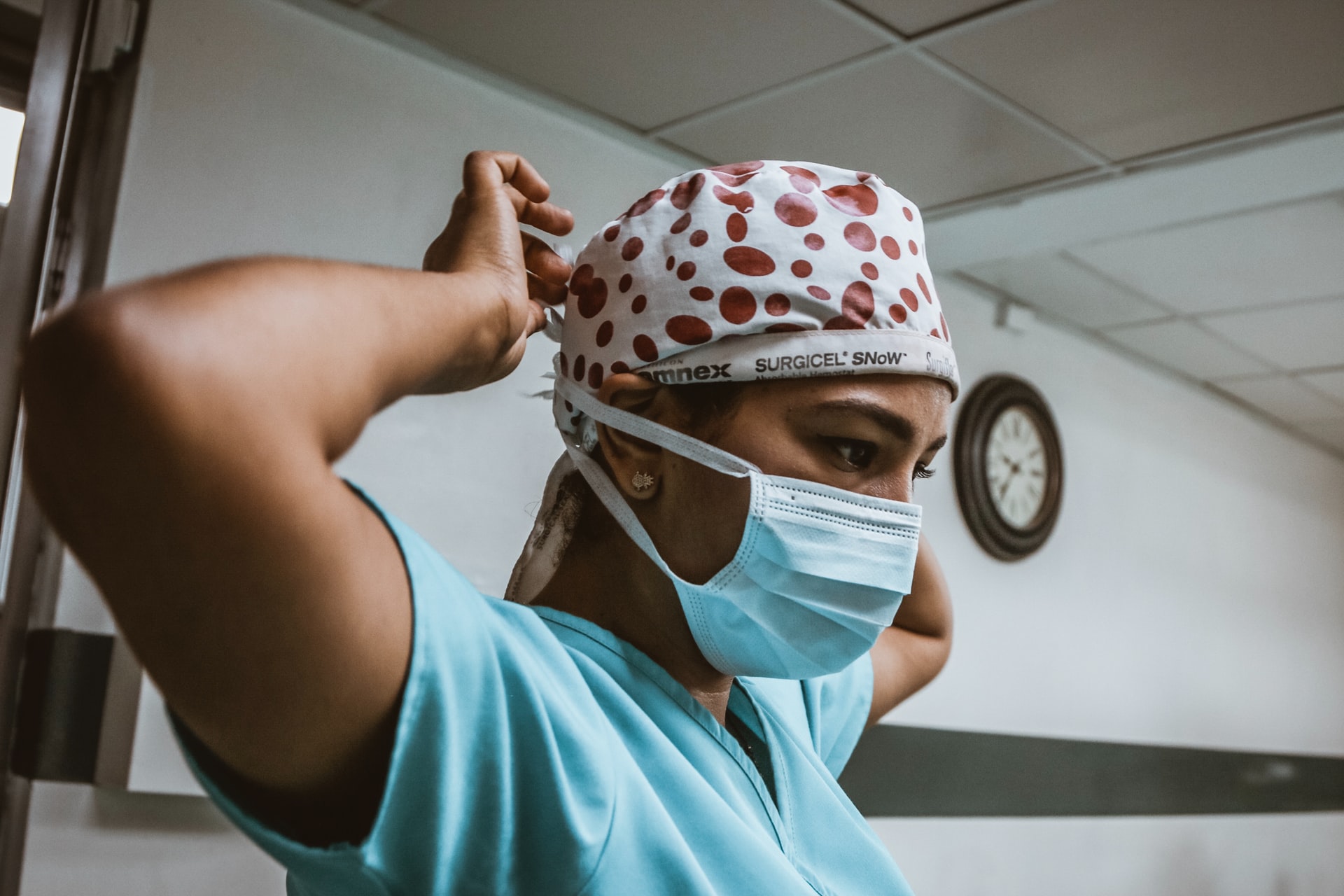Laws are put in place to protect us, which is why changing times call for changes and additions in legislation. Despite new vaccines, Covid-19 is still running rampant throughout the United States and continues to affect people’s work lives and medical expenses. When the end of the pandemic will be, unfortunately, remains unknown. In the meantime, our government is doing its best to make necessary policies to help us out. The most significant changes are the expiration of the FFCRA, and the upcoming No Surprises Act.
FFCRA
The Families First Coronavirus Response Act, which is a required paid leave of absence law, expired on December 31st, 2020. This means that paid medical and family leave are no longer required to be provided to employees by their employers.
However, employers may still choose to adjust their policies in the event of an employee becoming sick, having to care for a sick loved one, or other related circumstances. The Consolidated Appropriations Act, 2021, lengthened the availability of employer tax credits to finance paid sick leave and expanded family and medical leave offered to employees until March 31st.
If an employer does decide to continue providing FFCRA leave to employees and claim payroll tax credits to do so between January 1st, 2021 and March 31st, 2021, they must keep accurate and up-to-date records of Covid related situations and follow any paid leave restrictions under FFCRA. For example:
- The employer can only offer up to eighty hours of paid emergency sick leave.
- The employer may provide no more than twelve weeks of paid emergency family and medical leave.
- Paid leave that does not entitle the employer to tax credits should be recorded separately to avoid confusion.
Worker’s Compensation and FFCRA
If an employee already receives worker’s comp benefits, that individual is not always going to qualify to get FFCRA benefits. The Department of Labor suggests that employees are not qualified to get paid sick leave benefits if they are already off of work and are getting total disability benefits, even if a situation arises that would call for FFCRA benefits.
However, if an employee is hurt on the job but has returned to work at least somewhat and is later unable to work for reasons that meet the requirements of FFCRA, then he or she could still get paid sick leave benefits.
No Surprises Act
This legislation is intended to protect United States Citizens from surprise medical bills and will be effective on January 1st, 2022. Consumers will be protected from unplanned bills for emergency services given by out-of-network providers and facilities such as emergency transport, and non-emergency services from out-of-network providers and in-network facilities that the patient did not consent to. In-network providers have contracted with your insurance company to accept certain discussed discounted rates, while out-of-network providers have made no such promises.
For the states that already have such laws in place, the No Surprises Act defers to those rules regarding payment amounts, even if there is a preexisting payment standard.
No Surprises Act Summary
- This act applies to fully insured and self-funded plans.
- Covers the costs of emergency air and ground ambulance services.
- There is no set payment standard. Instead, the bill uses median in-network rates to determine cost-sharing. Cost-sharing is a health care term that refers to when patients pay for health care costs that are not covered by their insurance, in other words, the “out of pocket” payment, which varies among different health care plans.
- An independent dispute resolution process will be enacted if the parties do not reach an agreed-upon negotiation in 30 days. This means the arbitrator (a third party who resolves disputes) must choose one of the price options provided by one of the other parties.
- In 2022, it will be illegal in the majority of surprise bill situations for providers to bill more than the in-network cost-sharing amount owed.
If you require any legal assistance negotiating and understanding what you’re entitled to, or if you suspect that a medical bill you’ve received violates the No Surprises Act, contact us as soon as possible for a free consultation with one of our attorneys. Covid-19 has caused struggles for all of us. Let one of our lawyers help ease the stress by calling 816-531-6006.







